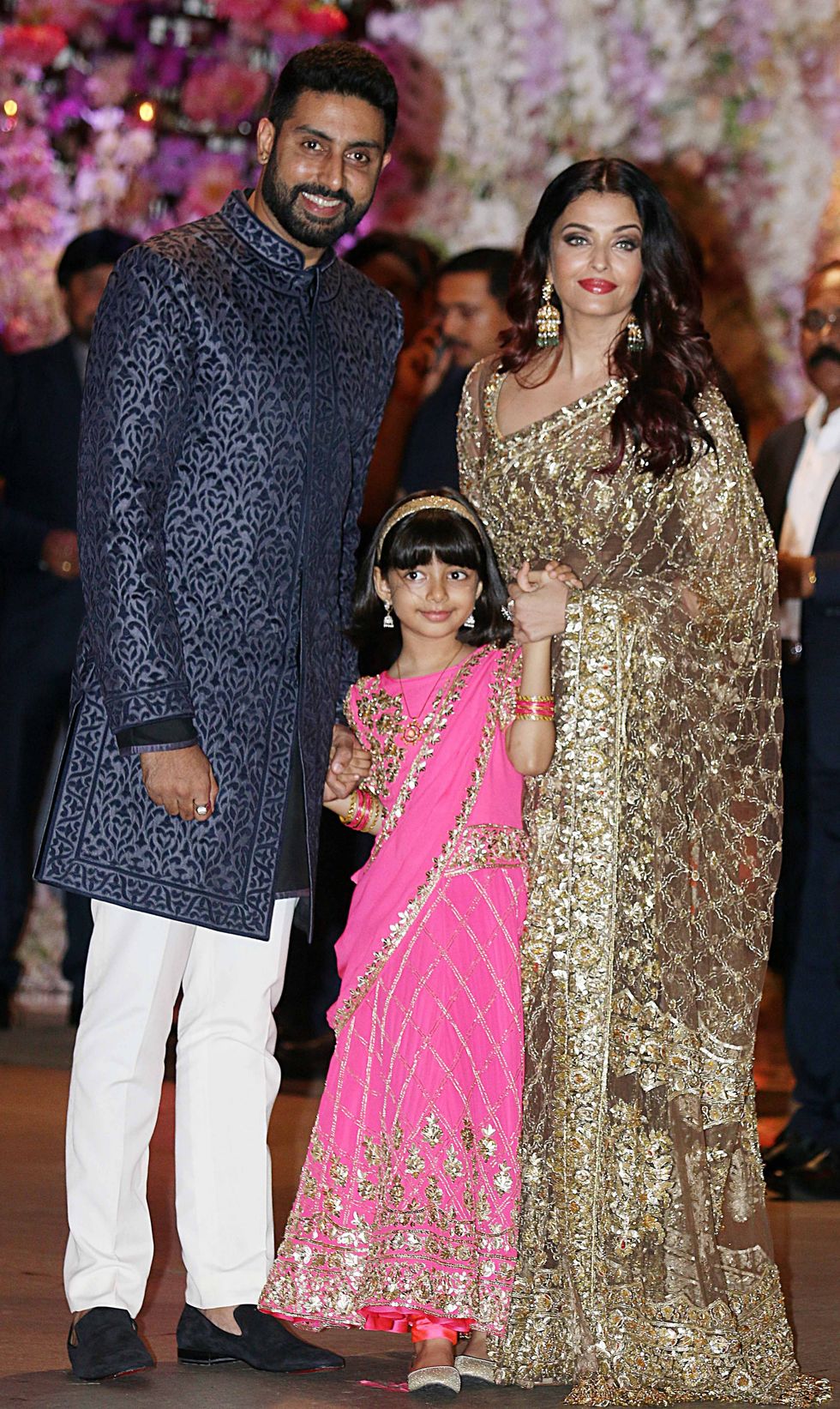Poignant tales of compassion of Jews finding refuge in India in the midst of the horror of the Holocaust were recounted as the UN commemorated the International Holocaust Remembrance Day.
International Holocaust Remembrance Day on January 27 commemorates the tragedy of the Holocaust that occurred during the Second World War. It commemorates the genocide that resulted in the death of an estimated six million Jews.
India's Permanent Mission to the UN co-hosted with B'nai B'rith International (a Jewish charitable organisation) a special event 'India: A Distant Haven during the Holocaust' at the United Nations on Monday as UN Secretary General Antonio Guterres voiced concern over the centuries-old hatred for Jews being "not only still strong", but also "getting worse".
India's Permanent Representative to the UN Ambassador Syed Akbaruddin said the commemoration was an opportunity to recount the moving tales of compassion amid the tragedies of the Holocaust, and to promote the civilisational values that are key to preventing such crimes against humanity from occurring ever again.
He told the gathering that there were numerous stories of solace offered in India to those escaping troubling times in Europe.
He recounted the legendary story of the Maharaja of Nawanagar, who against all odds, took personal responsibility to provide home to around one thousand Polish children.
They travelled all the way to Gujarat in India to escape the ravages of the World War II in their homeland.
During the ensuing panel discussion, noted scholar, author and archivist Kenneth Robbins shared how some of the Jewish faith found refuge in India in the midst of horror and gloom of the Holocaust.
Stephen Tauber, a Holocaust survivor whose family fled from Austria to India, also shared his family's stories.
"While the world was at war, India was engaged in its own struggle for freedom from colonial rule. Yet, even during these difficult times, the people of India welcomed visitors from overseas who were escaping uncertainties in their homelands," Akbaruddin said.
He noted that the link between India and people of Jewish faith went back thousands of years in history when the first Jews landed on India's south-western coast nearly two thousand years ago and over the decades have greatly contributed in the fields of entrepreneurship, art, architecture and culture.
Akbaruddin pointed out that India had rarely witnessed anti-semitism except during the 26/11 Mumbai terror attacks when Pakistan-based Lashkar-e-Taiba terrorists killed 16s people including six persons at the Chabad House in Mumbai.
"As we mark the 70th anniversary of the Universal Declaration of Human Rights and the Genocide Convention this year, we watch with concern that globally the forces of anti-semitism, racial and religious intolerance and xenophobia are posing new challenges to global values," he said.
"Examples of compassion and solidarity serve as beacons of hope and inspiration in troubled times. Stories of those who have witnessed horror in unimaginable ways and have triumphed, help in building across borders and generations, confidence and solidarity for the cherished values of pluralism and peaceful co-existence," he added.
During the panel discussion, Robbins spoke about minorities' contribution to Indian society, and India's history of religious tolerance.
He also outlined the movement of Jews to India during different periods of history.
Tauber recalled a more personal story of his own family that had left Vienna and travelled to India on an Italian ship. His family worked to maintain its Jewish traditions in a tiny community. In 1941, the family settled permanently in the United States.
"Ken is a font of knowledge about India, and particularly the intersections between Indians and Jews...Ken's work epitomises the phrase 'labor of love', " B'nai B'rith International CEO Daniel Mariaschin said.
Mariaschin thanked Tauber for sharing his story, noting "that you and your family were fortunate to find rescue in India and ultimately a new life here in the United States".
President of B'nai B'rith International, oldest Jewish service organization in the world, Charles Kaufman emphasised the UN's role in fighting hatred and violence.





 Aaradhya Bachchan has no access to social media or a personal phoneGetty Images
Aaradhya Bachchan has no access to social media or a personal phoneGetty Images  Abhishek Bachchan calls Aishwarya a devoted mother and partnerGetty Images
Abhishek Bachchan calls Aishwarya a devoted mother and partnerGetty Images Aaradhya is now taller than Aishwarya says Abhishek in candid interviewGetty Images
Aaradhya is now taller than Aishwarya says Abhishek in candid interviewGetty Images Aishwarya Rai often seen with daughter Aaradhya at public eventsGetty Images
Aishwarya Rai often seen with daughter Aaradhya at public eventsGetty Images










 Lootera released in 2013 and marked a stylistic shift for Ranveer Singh Prime Video
Lootera released in 2013 and marked a stylistic shift for Ranveer Singh Prime Video  Ranveer Singh’s role as Varun showed he could command the screen without saying much
Ranveer Singh’s role as Varun showed he could command the screen without saying much The period romance Lootera became a turning point in Ranveer Singh’s career
The period romance Lootera became a turning point in Ranveer Singh’s career Ranveer Singh’s performance in Lootera was praised for its emotional restraint
Ranveer Singh’s performance in Lootera was praised for its emotional restraint Ranveer Singh and Sonakshi Sinha starred in the romantic drama set in 1950s BengalYoutube/Altt Balaji Motion Pictures
Ranveer Singh and Sonakshi Sinha starred in the romantic drama set in 1950s BengalYoutube/Altt Balaji Motion Pictures  Lootera’s legacy has grown over the years despite its modest box office runYoutube/Altt Balaji Motion Pictures
Lootera’s legacy has grown over the years despite its modest box office runYoutube/Altt Balaji Motion Pictures
